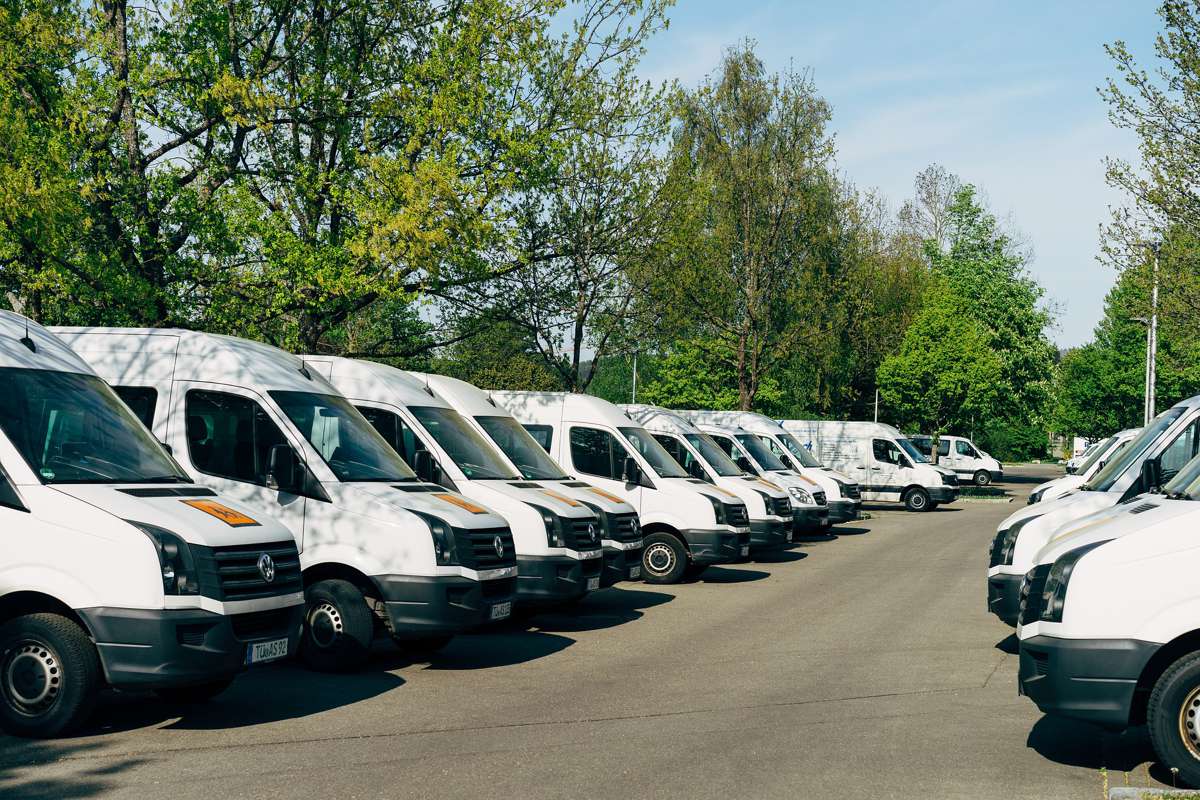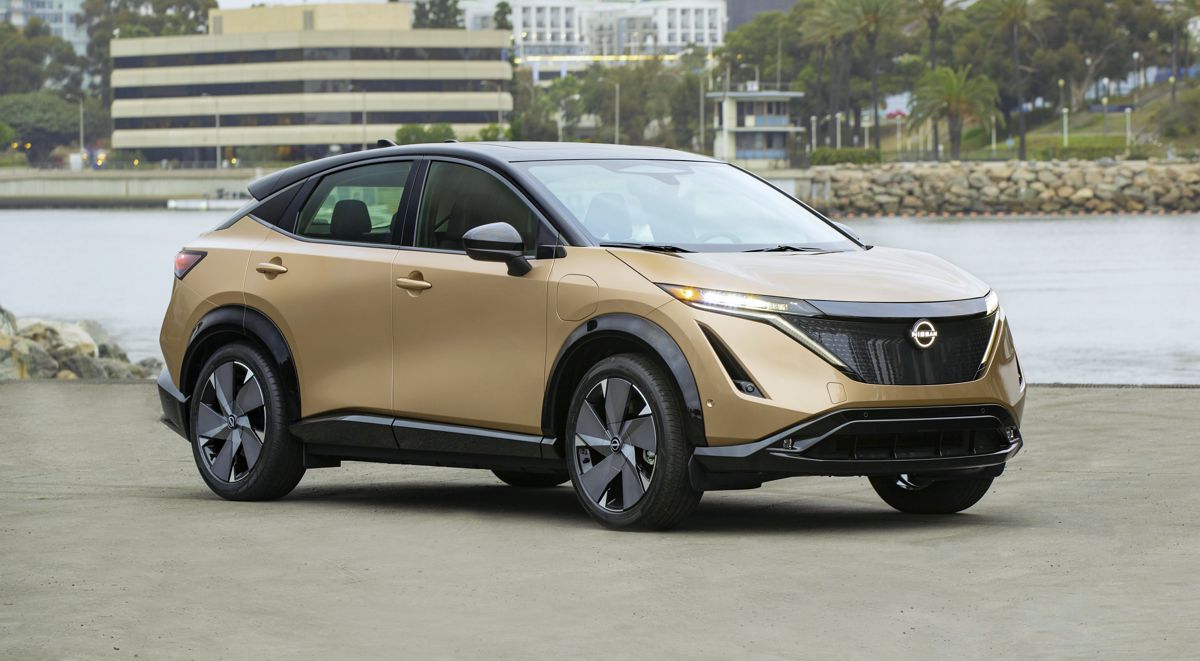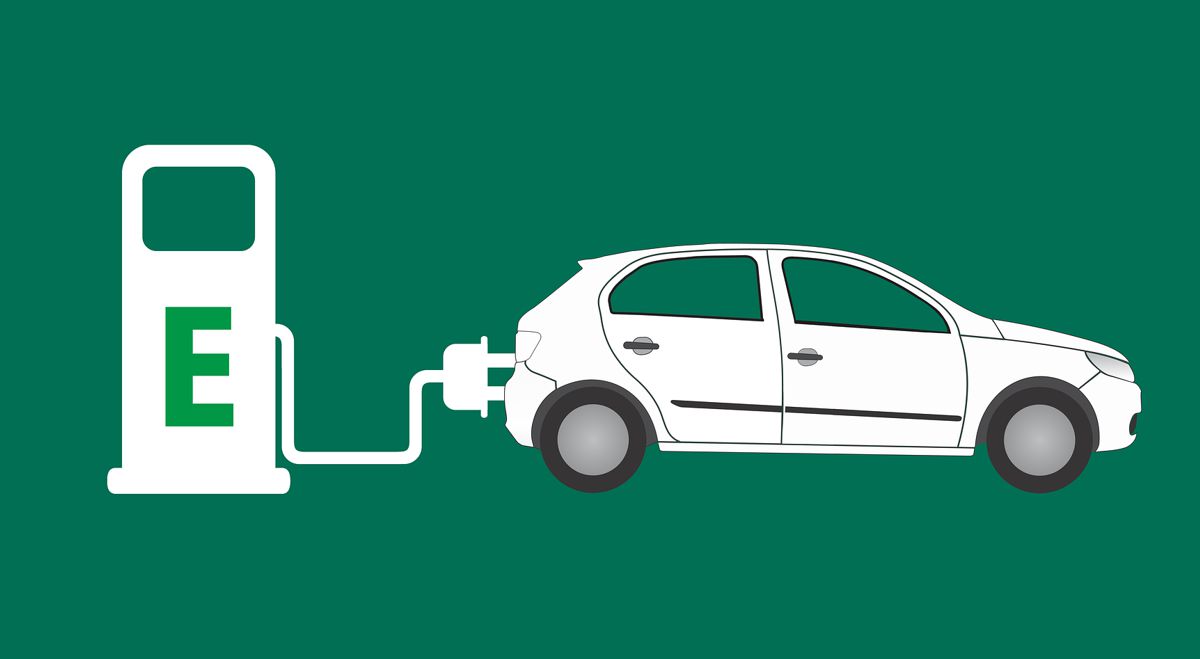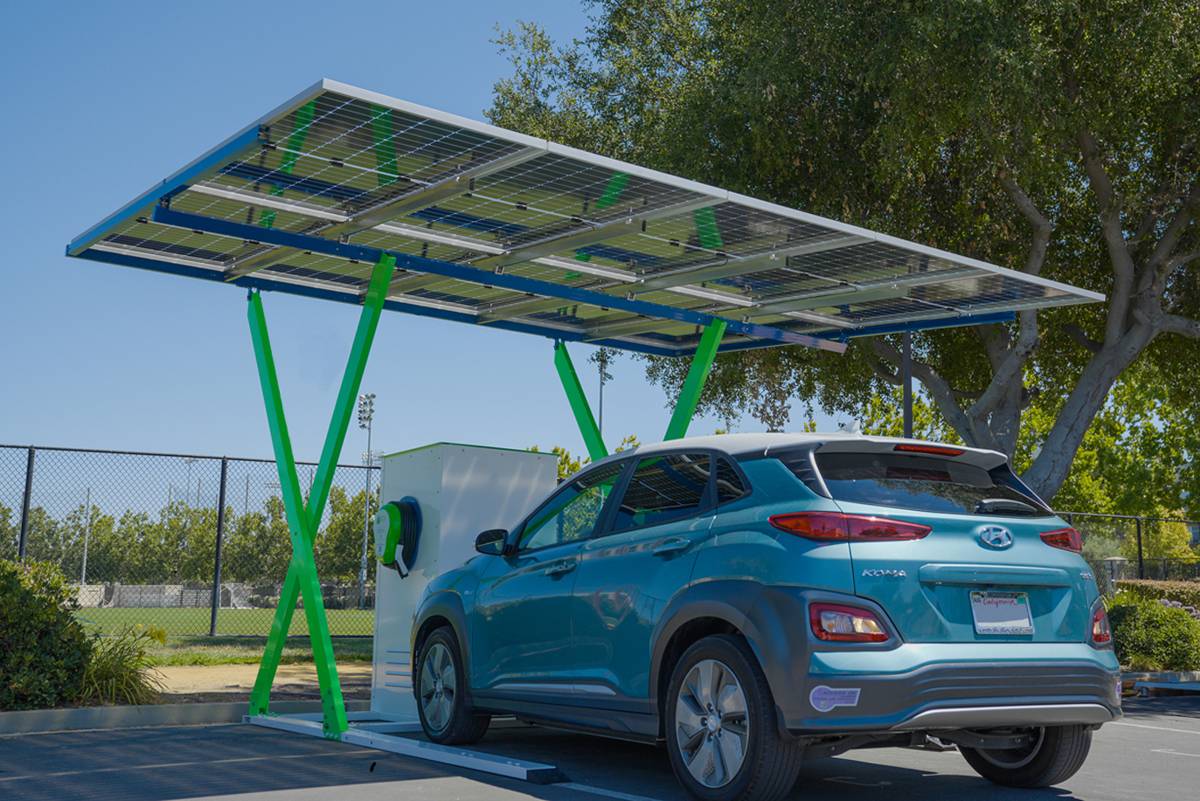What the Electric Vehicle revolution will mean for the UK business
As part of our ongoing effort to understand the needs of the thousands of vehicle-owning companies, both large and small, Allstar commissioned a survey of their members and their attitudes toward electric vehicles (EV).
They found that most companies with vehicle fleets are enthusiastic about EVs, with 65% saying that they will run at least one EV in the next three years (according our survey in March 2021), and their only concerns are around issues that the EV and charging industry is addressing, like charger provision.
Paul Holland, Managing Director of UK Fuel at FLEETCOR, said “I can say confidently, knowing that the data backs me up, that within the next ten years the majority of a business’ vehicles will be electric.”
Understanding policy
The government is fully behind Britain going fully electric, investing £1.3 billion in charging infrastructure and £582 million in grants for EV buyers. They also bought the cut-off point for the sale of ICE vehicles up from 2040 to 2030.
The grants give buyers a percentage of the purchase price up to a fixed amount off the sale price of vehicles ranging from mopeds to trucks, provided that they have been approved as being ‘low emission’. This means that you will save as much as £3,000 on a vehicle like the Renault Kangoo ZE, which would be ideal for many kinds of small business.
If you would like to put a charging point in your place of business or depot to keep your vehicles and machinery topped up then grants of £350 are also available, and considering that recharging a 60kWh EV from 0 to 100% will cost around £8.40 this will save you money in the long term.
Costing it out
As mentioned above, the price of running an EV can be shockingly low when compared to ICE vehicles, but that doesn’t mean that every aspect will be significantly cheaper.
Most EVs are purchased new since there is a limited (but growing) stock of second-hand EVs, so you will mostly be paying full price. There are also the usual costs involved with buying a new vehicle, like insurance, and unlike other types of vehicle the cost for charging points needs to be factored in.
Think about how everyday life will change
For most EV owners, life with an electric vehicle will look much like life today – they will commute to work, drive to the shops on weekends and the only difference will be that they plug their car in when they get home after work.
Larger businesses, such as those working on the UK’s highways, will have dedicated charging stations or even battery swapping schemes to keep their vehicles on the road.
Build upon your cost savings
Every penny counts for a business, especially in today’s climate, so don’t assume that the savings are limited to the purchase of an EV and charging. Part of the new infrastructure that you will need to put in place is deciding how to pay for charging.
This is where suppliers can help, by offering solutions to help businesses keep their fuel and EV charging costs under control.













